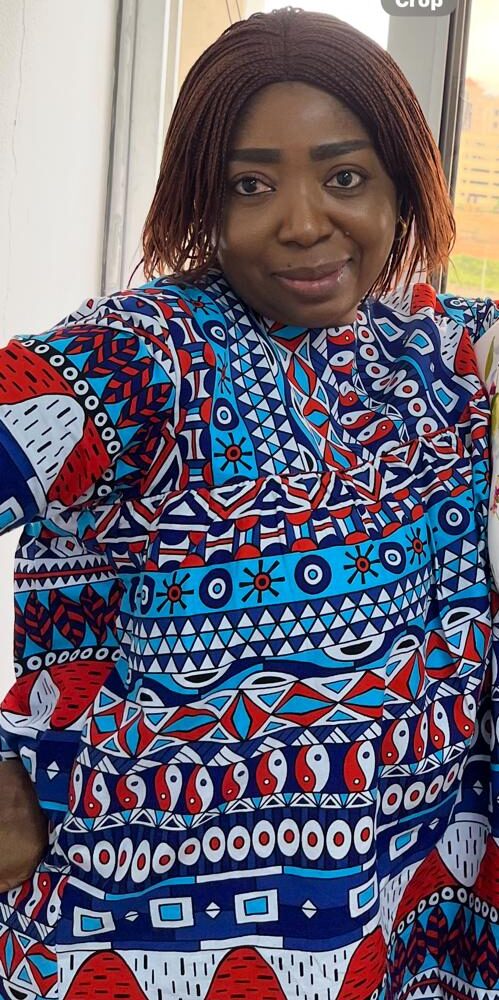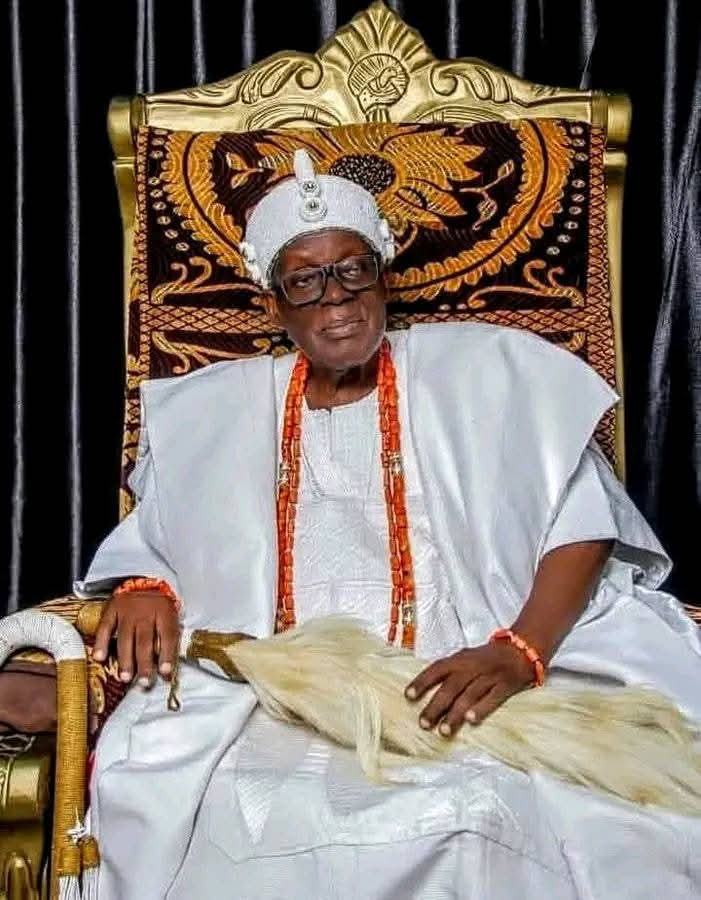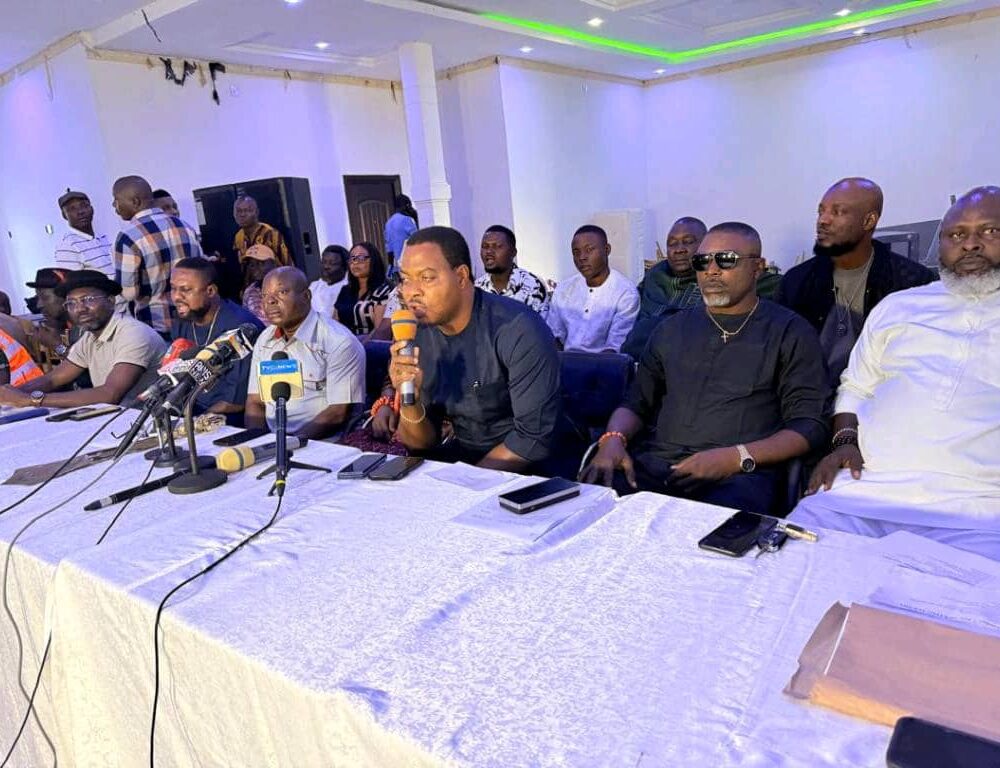Religious leaders, representing both Islam and Christianity has appealed to the Government to make peace-builidng and integration national priorities.
The leaders made the appeal at a one-day Inter-Faith Peace Forum, a local peace project organized by the Cardinal Onaiyekan Foundation for Peace (COFP) in conjunction with Faith for Peace Initiative (FPI) at the University of Ibadan, Ibadan, Oyo State on Tuesday.
The Forum with the theme ” Faith and the Fate of the Nation:Inter-Religious Harmony as a National Imperative” was convened by Tajudeen Alabede, a Fellow of Cardinal Onaiyekan Foundation for Peace’s Fellowship Programme on Inter-Religious Dialogue and Mediation and Director of Faith for Peace Initiative.
The Forum which was chaired by Professor Dawud Noibi, OBE, a member of the Nigerian Inter-Religious Council (NIREC) was attended by representatives
of the Christian and Muslim Communities in Oyo State and beyond.
Including Professor Muslih Tayo Yahya, Executive Secretary of the Muslim Ummah of South West Nigeria (MUSWEN), Pastor Benjamin Akanmu, Chairman of the Christian Association of Nigeria (CAN), Oyo State Chapter, who led other Christian leaders to the Forum and Barrister Abdul Wahid Lawal, who represented Alhaji Ishaq Kunle Sanni, Chairman of the Muslim
Community of Oyo State, and led other Muslim leaders to the Forum.
Other key guests at the Forum included Bishop Emmanuel Ogundeji, Vice Chairman of CAN, Oyo State Chapter, Dr Bashir Olanrewaju, a Permanent
Secretary in Oyo State Civil Service, Venerable Dr Victor Oladele, Assistant Chaplain of the Chapel of the Resurrection, University of Ibadan, Professor Taofiq Abdul Azeez, Chief Imam of the University of Abuja, Very Reverend
Kolade Fadahunsi, Director of the Institute of Church and Society, Alhaji Kamaldeen Akintunde, former National President of the National Council of Muslim Youth Organisations (NACOMYO), Bishop Adegbolagun Ademola-George, Registrar of the Institute of Certified Church Mediators and Administrators, Dr Lere Ibrahim of the University of Ibadan, Dr Nurudeen Oloso, Chairman, Muslim Rights Concern (MURIC), Oyo State Chapter, Dr S. O. Akinlanbi of CAN, Dr Lukman Fasasi and Alhaji Abdulganiyy Abdusalam of
the Muslim Community, Pastor J. K. Obey of CAN and Dr Abdulfattah Raji,
former Head of the Department of Political Science, Fountain University,
Osogbo.
Women leaders at the Forum included Dr Lateefah Durosinmi, former National Amirah of the Federation of Muslim Women Associations in Nigeria
(FOMWAN), Princess C. U. Abiola, JP, a CAN women leader, Dr Lateefah Dairo of FOMWAN and Alhaja Khadijah Ganiy of The Criterion. Youths at the Forum were led by Mr Oluwasheunfunmi Oladunni, Chairman of the Youth Wing of
CAN (YOUWICAN), South West Zone, Alhaji Dawood Afolabi, Coordinator of the National Council of Muslim Youth Organisations (NACOMYO), Oyo State Chapter, Ambassador Adebobola Agbeja, Chairperson of the National Youth Council of Nigeria (NYCN), Oyo State Chapter, Dr Ibraheem Akande and Alhaji
Qasim Okikiola Hasan of the Muslim Students’ Society of Nigeria (MSSN) and Mr Olatunji Oluwabukola, Executive Director of Cedars for Human Welfare (CEHUWE) and General Secretary of the Coalition of Civil Society for Community Peace. Postgraduate students of Peace Studies at the University
of Ibadan were led by Mr Imaledo Funmi Saliu.
The forum recognized Nigeria as a multicultural country with a unique place for religion in the nation’s demography, as a combination of the two major religions – Islam and Christianity – represent an absolute majority in terms of the country’s population.
Besides, the Forum acknowledged the fact that, of the two primary indices of identification in Nigeria, that is religion and ethnicity, religion has the largest aggregate of citizens which cut across all the ethnic groups in the country.
To this end, peace and peaceful coexistence among the followers of the two major religions, on the basis of mutual respect and understanding, will go a long way in promoting peace, progress and prosperity in the country.
The Forum dismissed as unreasonable insinuations of either of the two major religions wiping out the other, as both Islam and Christianity already have firm roots in Nigeria. While warning about the dangers of such false alarms,
the Forum, however, urged the government and religious leaders to show courage in addressing issues of religious discrimination and ensure that there exists an atmosphere of justice, equity and fairness in the country. Religious
leaders across the divide should stand together in defending the rights of all Nigerians, irrespective of their religious affiliation.
The Forum condemned hate speech, including hate preaching, as this is
against the tenets of both religions which are anchored on peace and love. It equally condemned ethnic and religious profiling of criminals.
To this end, the forum called on the government to criminalise hate speech, regulate the Social media and exercise greater oversight on media bias.
The Forum urged religious leaders to serve as true models of their respective faiths, call their followers to lasting values that the religions stand for, deradicalize their followers, avoid the temptation to follow the way of the world and shun partisanship and bigotry. Furthermore, religious leaders were
charged to embrace genuine peace and develop a Framework for Peaceful Coexistence among the adherents of both religions in Nigeria.
The Forum then called for the reorganisation and refocusing of the Nigerian Inter-Religious Council (NIREC) in order to make it more effective and result-oriented as the apex body for fostering inter-religious harmony in the
country.
Against the background of religious and ethnic crises in the country, the
Forum observed that the ad-hoc peace efforts have become far inadequate.
For sustainable peace in Nigeria, the Forum called on the Federal and State Governments to make peace-building and national integration national
priorities.
The Forum appealed to the government to build the right structure and infrastructure for peace in the country. Top of the Forum’s recommendations is the need for the Federal Government to establish a Ministry for National Integration that will articulate and manage the nation’s policies and programmes on national unity and peace.
In addition to this, peace education should now become an integral part of the nation’s education system.
The Forum therefore appreciated Cardinal John Onaiyekan for his foresight in establishing the Foundation which provided the platform for the engagement.
It equally commended Their Eminences, Cardinal Onaiyekan and Sultan Muhammad Sa‘ad Abubakar, for serving as models of inter-religious harmony in Nigeria and across Africa.





